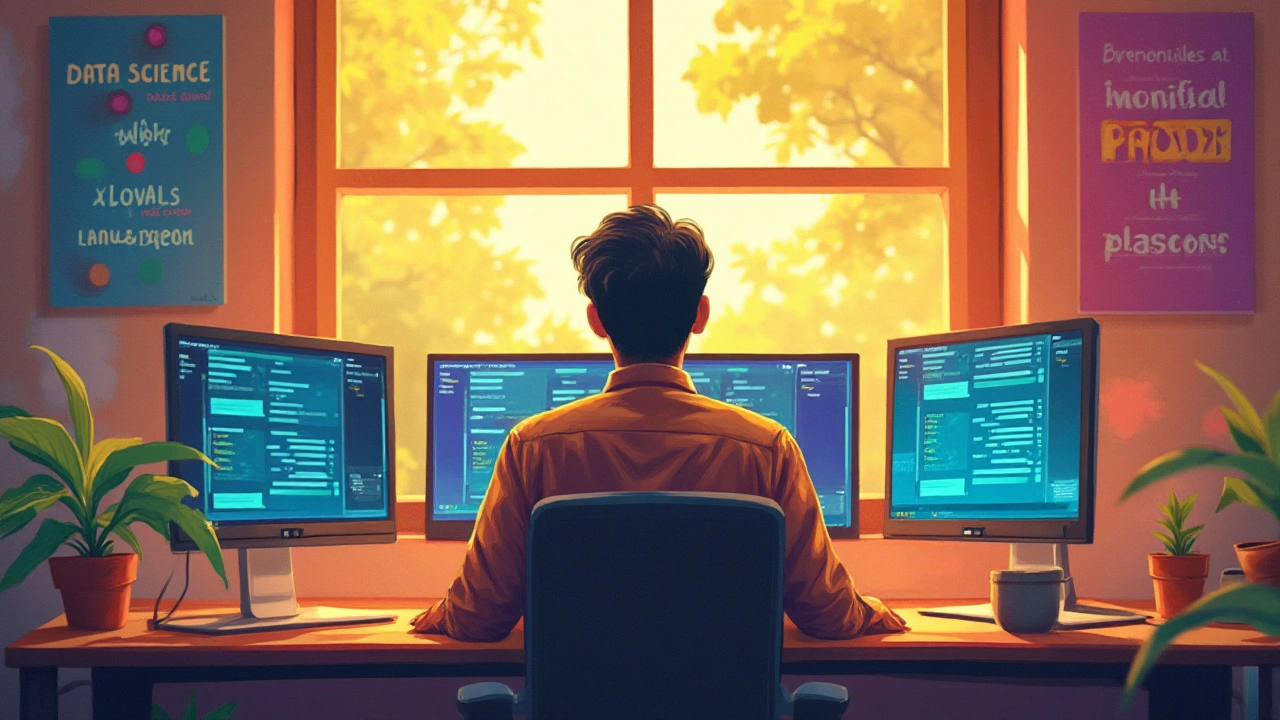Beginner Programmers – Your First Steps in Coding
If you’ve never written a line of code, the idea of becoming a programmer can feel huge. The good news? You don’t need a degree or expensive books to get started. All you need is a clear plan, a few free tools, and a bit of patience.
First, decide what you want to build. Want to make a simple website? Go for HTML, CSS and a bit of JavaScript. Interested in apps or games? Try Python – it’s easy to read and works everywhere. Picking one language keeps you from bouncing around and wasting time.
Choosing the Right Free Learning Platform
There are dozens of sites that claim to teach coding for free. The ones that actually work keep lessons short, give instant feedback, and let you practice real projects. Check out freeCodeCamp, Codecademy’s free tier, and edX’s introductory courses. They all start with basics, then let you build a portfolio piece in each module.
Set a daily habit: 30 minutes of coding, 5 minutes of review. Consistency beats marathon sessions. Use the built‑in code editor on these platforms, so you never have to install anything extra. When you finish a lesson, immediately try to tweak the example – change a color, add a button, or modify a function. That tiny experiment solidifies the concept.
How Long Does It Take to Become Job‑Ready?
People often ask how long learning to code really takes. The answer depends on the depth you need. For a junior web‑dev role, most learners hit the basics in 3–4 months of part‑time study (about 10‑12 hours per week). If you aim for a more specialized role, like data analysis with Python, expect 5–6 months.
Real‑world practice speeds things up. Join a free coding community on Discord or Reddit. Share your projects, ask for code reviews, and help others. Employers love candidates who can show a GitHub portfolio with at least three finished projects – a personal website, a simple API, and maybe a small game.
Remember, the tech market still needs coders in 2025. According to recent hiring surveys, entry‑level programming jobs grew by 12% last year, and remote positions are plentiful. Even if you start with a free course, adding a short paid specialization (often under $50) can boost your resume.To wrap up, start small, stay consistent, use free platforms, and build a portfolio that proves you can code. In a few months you’ll have enough skills to apply for junior roles or freelance gigs. The path is clear – just take the first step today.
Choosing your first coding language is an important step in your programming journey. This article explores various popular languages, considering factors like application, ease of learning, and community support. Whether you're drawn to web development, data science, or app creation, there's a suitable language to kickstart your adventure. Delve into this thoughtful analysis to make a well-informed decision and embark on your coding path with confidence.
